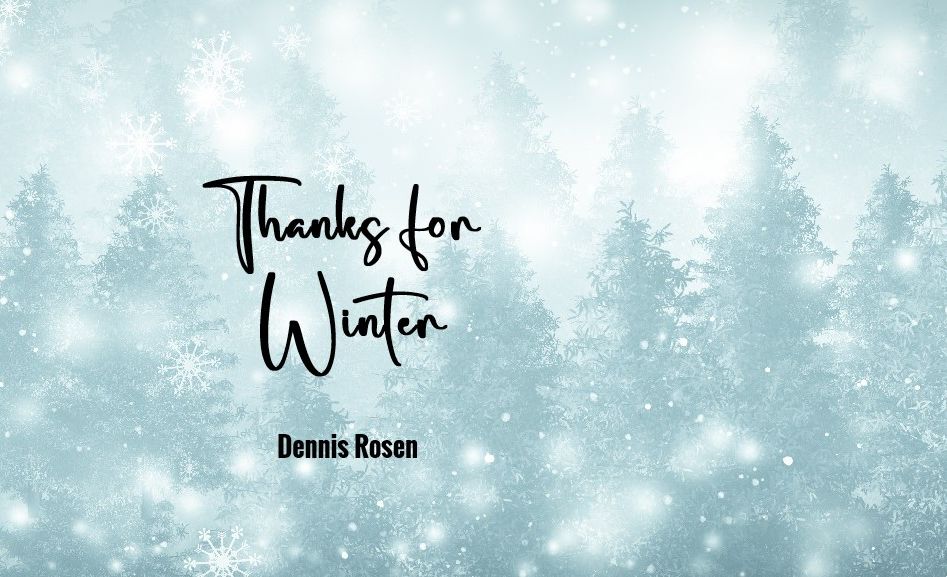
Wagging Tongues
Do you know how many sins we do every time a friend or family member starts talking about their child or spouse in a negative way, and we believe it?

Some years' ago, close friends of ours were getting divorced, and to say that the divorce was nasty would be the understatement of the year. As proceedings continued, our whole social group was torn apart by rumours, counter-rumours, gossip, slander and accusations. By the time the whole dirty process was concluded, my husband and I had lost around 95% of our 'friends' – and we'd learned a whole bunch of very important lessons in the process. First, we learnt how quickly everything can change. I thought we'd be having BBQs and hanging out with some combination of the same 30 or 40 families until we retired. Within a few short months, we were barely on speaking terms with most of them.
Second, we learnt that when G-d wants people to move to Israel, He usually sends them some very obvious signs. Once we had no friends, it was much easier to 'start over' socially in a new country, than to spend the next ten years jumping into freezers in the supermarket, to avoid people we didn't want to talk to any more.
The last thing I learnt was the importance of keeping my mouth shut as much as possible. I bought 'A lesson a day', based on the Chofetz Chaim's laws for avoiding evil speech, and I read that book religiously for around  two years.
two years.
In the meantime, we moved to Israel, and evil speech fell off the radar for around four years, not least because I couldn't speak a word of Hebrew when we landed, so even buying a pint of milk was challenging, never mind discussing someone else's personality flaws. G-d helped me in other ways, too: I barely had a soul to talk to anyway, because where I lived, 'deep and meaningful' conversations meant some discussion about which brand of socks to buy from Target, so it was fairly easy for me to keep quiet. But eventually we moved again, and miracle of miracles, I had 'real' friends for the first time in five years.
Which meant that 'evil speech' was suddenly very firmly back as a live issue. I thought that I was doing more or less OK, until last year when my daughter bashed her mouth, and got a huge lesion in there which didn't heal up for a good couple of months.
I started to freak out about it, so I went to talk to G-d, and He connected the dots very neatly: watch your mouth, Rivka. So I signed up for the Chofetz Chaim foundation's monthly pamphlet, and I tried harder to not talk badly of people. (At least, not more than once a day…)
I then found myself in the bizarre situation of having to talk, and think, and believe badly about a whole bunch of people, for a whole bunch of months, until we finally got to the bottom of what was happening in our lives. It was the exact opposite of what I'd been praying for, and learning about! But there was nothing I could do, except go with the flow and keep talking to G-d about it all.
A couple of month's back, the same daughter bashed her mouth again. Thank G-d, it healed up very quickly this time, but I got the message instantly: Rivka, it's time to watch your mouth again. I nipped off to my local bookstore, and I bought a copy of 'Purity of Speech'.
The book is written very much from a women's perspective, and as I read through the everyday examples of 'evil speech' I suddenly realized that even when I thought I was doing 'OK' (two years' ago…), I had actually still been doing really badly.
Did you know that the laws of evil speech also apply to our husbands? And our kids? Did you know that it's forbidden to listen to, believe, or respond to evil speech even if it's your parent telling you what they think of So-and-So? Do you know how bad it is to criticise, or believe criticism, of a Rabbi? Do you know how many sins we do every time a friend or family member starts talking about their kid or spouse in a negative way, and we believe it?
Scary.
And let's not even get into offering 'advice' about which caterer to use, or which store to shop at, or comments about the quality of the food or service in that particular kosher restaurant….
When I got to the end of that book, I realized that nearly everything that passes as an average conversation, at least for most women, is probably evil speech. The other day, my friend started telling me some juicy information about her seriously crazy in-laws. Usually, I love that stuff; I love passing judgement on the crazies, I love advising people what to do to try to minimize all the damage these crazy parents and parent-in-laws can do to people. But I realized, I can't really do that any more. I can speak generally; I can let people unburden themselves (as long as I don't believe what they're telling me…) and I can try to help them find the good. But anything else I might say is simply evil speech, and just adding more fuel to the fire.
Rav Arush explains in his book, Women's Wisdom, that a woman's main challenge, and also main strength, is in her mouth. He writes: "The more a person strives to rectify his power of speech, the greater his level of emuna will be. A person who lacks emuna is someone whose speech lacks faith."
The answer, as always, is emuna, or more specifically, to take all the power of speech that we have, and to channel it into prayers, and into uplifting the people around us, and building their self-confidence and faith. No-one said it was easy. But the start is to at least recognize the problem. Let me leave you with another quote from Women's Wisdom, which really sums it all up: "Words that are not spoken in faith are inevitably going to be words of conceit, slander, gossip, condescension, scorn and threats."
Evil speech or emuna speech? I know which one I'd prefer.
* * *
Check out Rivka Levy's new book The Happy Workshop based on the teachings of Rabbi Shalom Arush












Tell us what you think!
Thank you for your comment!
It will be published after approval by the Editor.